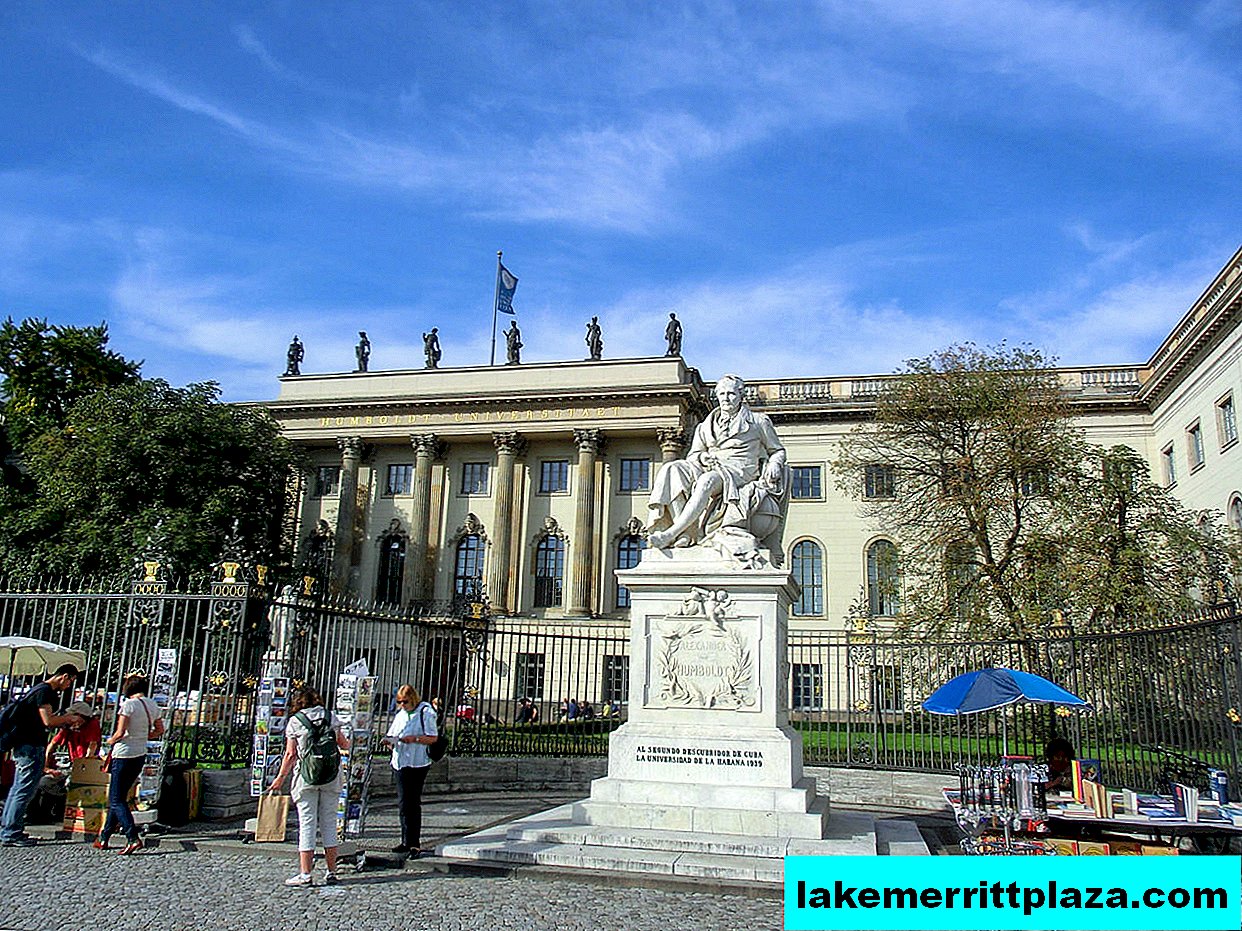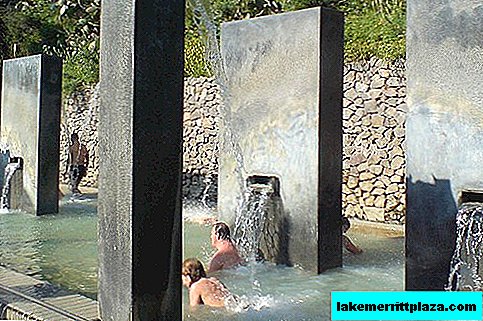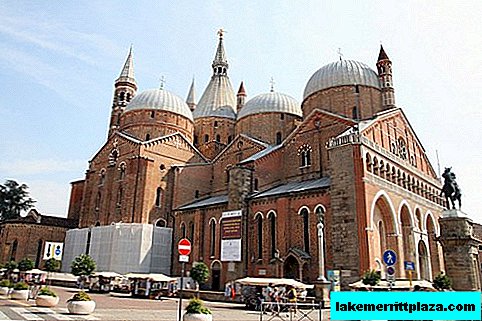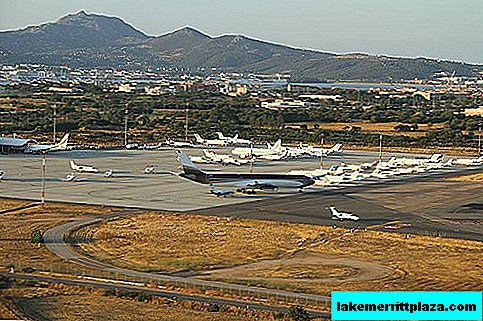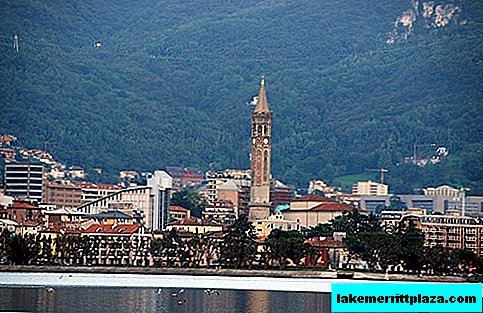All chemical weapons that belong to Syria will be transferred to the US ship Cape Ray in the Italian port of Gioia Tauro, announced today the Minister of Infrastructure and Transport of Italy Maurizio Lupi (Maurizio Lupi).
This information was soon confirmed by the head of the Organization for the Prohibition of Chemical Weapons, Ahmet Uzumju, who explained that the operation was scheduled for February 2014.

According to Italian authorities, the procedure scheduled for the end of winter implies the observance of various security measures. It has already become known that the whole process will take no more than two days, while all containers filled with weapons of mass destruction will not touch Italian soil. Toxic containers are currently on board one of the vessels provided by Denmark. Safety rests entirely with the nuclear missile cruiser "Peter the Great"as well as a Chinese ship Yan Chen. However, until now, the authorities of Italy, Russia and other states participating in this operation have not decided where specifically harmful chemicals will be destroyed: in the Atlantic Ocean or in the Mediterranean Sea.
Meanwhile, the mayor of the town where the port of Joya Tauro is located is seriously worried about his own life, saying that local residents simply will not forgive the authorities if Syria's chemical weapons find temporary refuge in the city. He states that the Italian authorities made this decision, not taking into account the opinion of the townspeople. The Ministry of Foreign Affairs of the country, which took part in determining the location of the operation, claims that Joya Tauro is the best suited for the designated purpose.
Conflict history
The conflict in Syria escalated at the end of last year, when the local government, represented by President Bashar al-Assad, used chemical weapons against civilians. After all the evidence was received of the president’s involvement in the terrible incident, the United States announced its intention to launch a nuclear strike on Syria.
In connection with the threats, President Assad agreed to get rid of all chemical weapons, and also promised to sign a convention on his ban.

Soon, the production of chemical weapons was stopped in the country. The Organization for the Prohibition of this Type of Mass Destruction also planned to destroy the most dangerous chemicals back in late 2013, however, due to some circumstances, this operation had to be postponed. According to the Pentagon, the process of destruction of chemical weapons in Syria will take from 45 to 90 days. At this time, the ship will have about 60 invited specialist chemists who will be responsible for the procedure, as well as several groups of special units designed to ensure safety.
An armed conflict in Syria broke out in 2011, when groups radically opposed Assad unleashed a real civil war.
As a result of hostilities in the country, at least 120 thousand people died, most of whom are civilians. Not so long ago, UN experts conducted an investigation that showed that at least five chemical attacks were carried out during the civil war in Syria.



